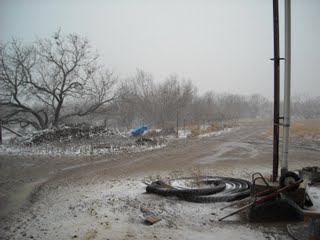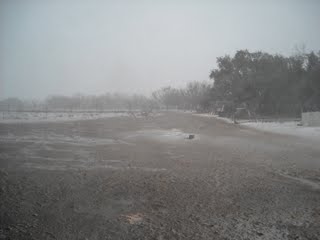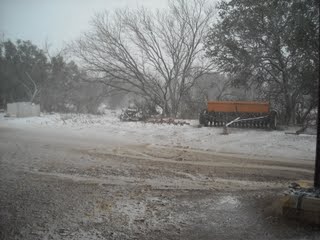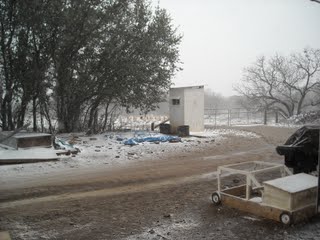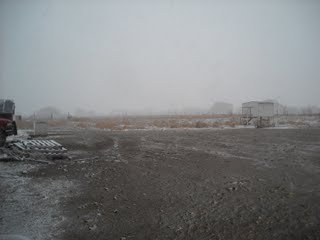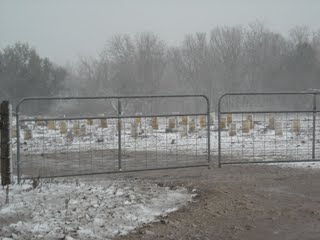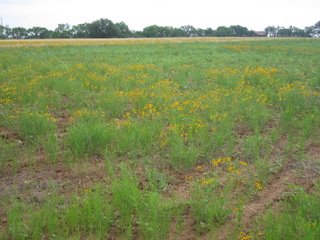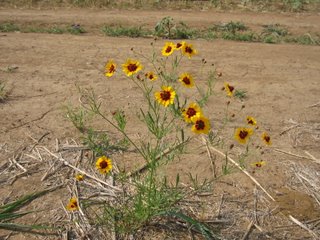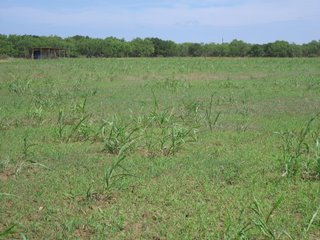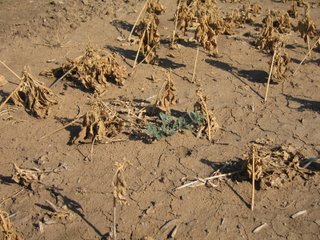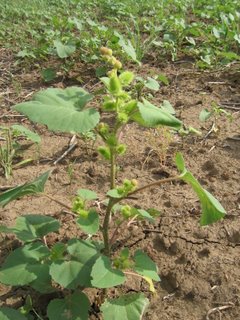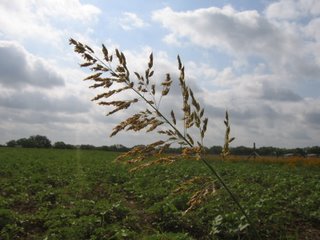Well, it has been a few years since several of us started living here on the land. When we first got here, all of the children were just that — children. But, after five years, as you would imagine, that’s not exactly the case for all of them any more. In fact, one of our young misses just recently became betrothed — our first betrothal on the land!
Webster’s 1828 dictionary defines “betroth” as the following:
BETROTH’, v.t. [be and troth, truth, faith. See Truth, and Troth.]
1. To contract to any one, in order to a future marriage; to promise or pledge one to be the future spouse of another; to affiance; used of either sex. “The father betroths his daughter.’
2. To contract with one for a future spouse; to espouse; as, a man betroths a lady.
“Betrothed?” you might ask? Yes, betrothed. The ideas of “romantic love” and engagement, or even “courting,” are foreign to the Bible; not that there can’t be romance, but it is not the main driver or motivator behind relationships; and in fact, betrothal is what is prescribed in the Bible. Why might it be important to have betrothals instead of typical engagements? First, the Bible prescribes it as the only pre-marriage methodology; and second, it was set up as a picture or “type” of the relationship between Christ and His bride-to-be. In this current reality of time, Christ’s chosen bride, the elect from the foundation of the world, is not married to Christ yet — that happens at the marriage supper of the Lamb (Rev 19:6-9). His chosen is betrothed, or espoused, as expressed in 2 Cor 11:2 – “For I am jealous over you with godly jealousy: for I have espoused you to one husband, that I may present you as a chaste virgin to Christ.” God instituted the “type” of betrothal to show the unbreakable bond of His chosen bride to Himself based on His volitional, self-sacrificing, and unconditional agape love.
A betrothal would usually include the father of the daughter making the original offer to potential groom, and if he accepted, the father and man would form the contract for the man to marry the daughter, with various other agreements between the father and the man. Although not absolutely necessary in the strictest sense, since an older and hopefully wiser parent, with God’s help, should be able to determine which man would be good for a daughter to marry, the father might first allow for the daughter’s approval of the gentleman in question, and ideally she would. 🙂
And I believe these are the things that occurred in our first betrothal here. 🙂
Lastly, the following is a video from the evening of the betrothal party day, after gathering for a time of celebration, fellowship, and a meal, which includes a discussion about the betrothal ceremony and some important parts of the ceremony itself (please forgive the quality of the video as our camera doesn’t film well at night):
We are thankful here on the land to be able to be a part of a couple joining in the way the Bible prescribes. We pray for many more, as the Lord wills, and that He continue to grant us understanding of His revealed will as described in the Bible.
— David
